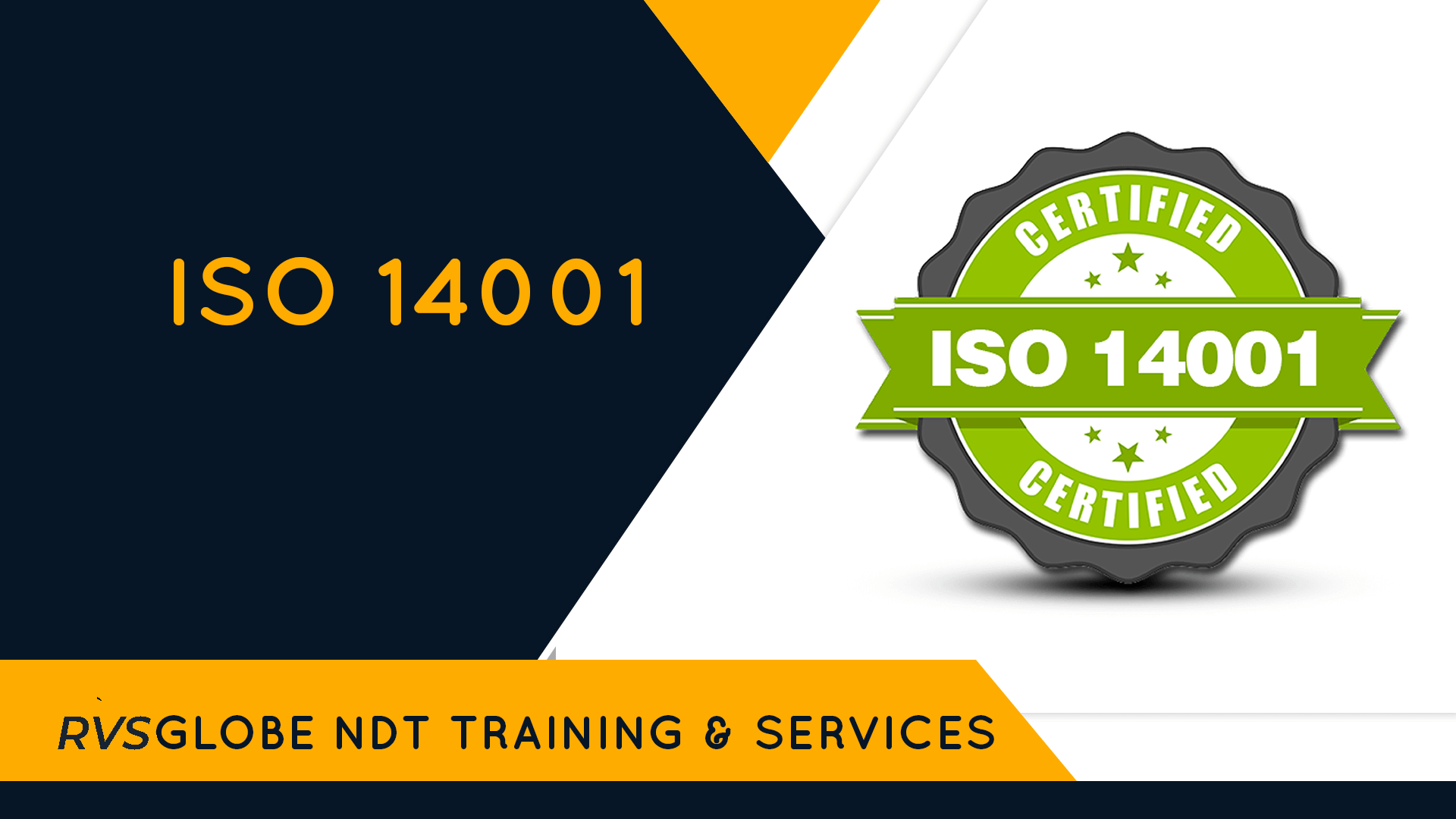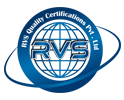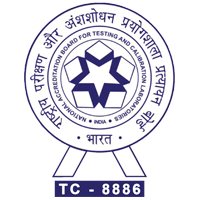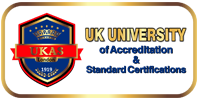ISO 14001
STUDENT RESULTS RVSGLOBE
Click HereRVSGLOBE ISO 14001

RVSGLOBE ISO 14001
ISO 14001 Standard is defined for “Environmental Management System.” This standard enhances the organization for a better performance about environmental requirements according to the organization needs.
ISO 14001:2015
ISO 14001:2015 standard maps a framework for a company or organization which helps in following a set of effective environmental system patterns. This can be used by any organization regardless of the industry sector and their activities. This standard provides assurance to the organization management, employees, stakeholders and other teams about the environmental impact and improvements with constant measurements among themselves.
ISO 14001:2015 POLICIES
There are majorly three environmental policies with certain fundamental commitments to meet the requirements of ISO 14001:
- Prevention of Pollution
- Compliance with legislation
- Constant EMS improvements
WHAT IS AN ENVIRONMENTAL MANAGEMENT SYSTEM?
EMS – Environmental Management System is a criterion which helps an organization or business to identify, manage, control and monitors their environmental issues in a specialized “holistic” pattern. Every organization should consider a strategic approach to solving and improvising their environmental performance.
EMS considers various environmental issues like water pollution, sewage pollution, air pollution, waste management, soil contamination, climate change adoption and mitigation, and other resource efficiency use.
BENEFITS OF ISO 14001 CERTIFICATION TO AN ORGANIZATION
INDUSTRIES ELIGIBLE FOR ISO 14001 CERTIFICATION
As all the system standard requirements, ISO 14001:2015 also required continuous improvements among the employees and management in an organization in the approach of environmental concerns. ISO 14001 standards have recently been revised with various management technique improvements like an increase in prominence, organic strategy planning, inputs from leaderships, stronger commitment, and other initiative programs to boost environmental performance.
Here are the major Industries in which ISO 14001 Certification is applicable irrespective of the size of the industry:
ELIGIBILITY OF ISO 14001:2015
ISO 14001:2015 Standard certification is applicable for small, medium, and large scale industries irrespective of their sector, category and size of an organization. This certification improves environmental performance by implementing the standard among the company and involving their employees from higher-level management to low-level employees.



